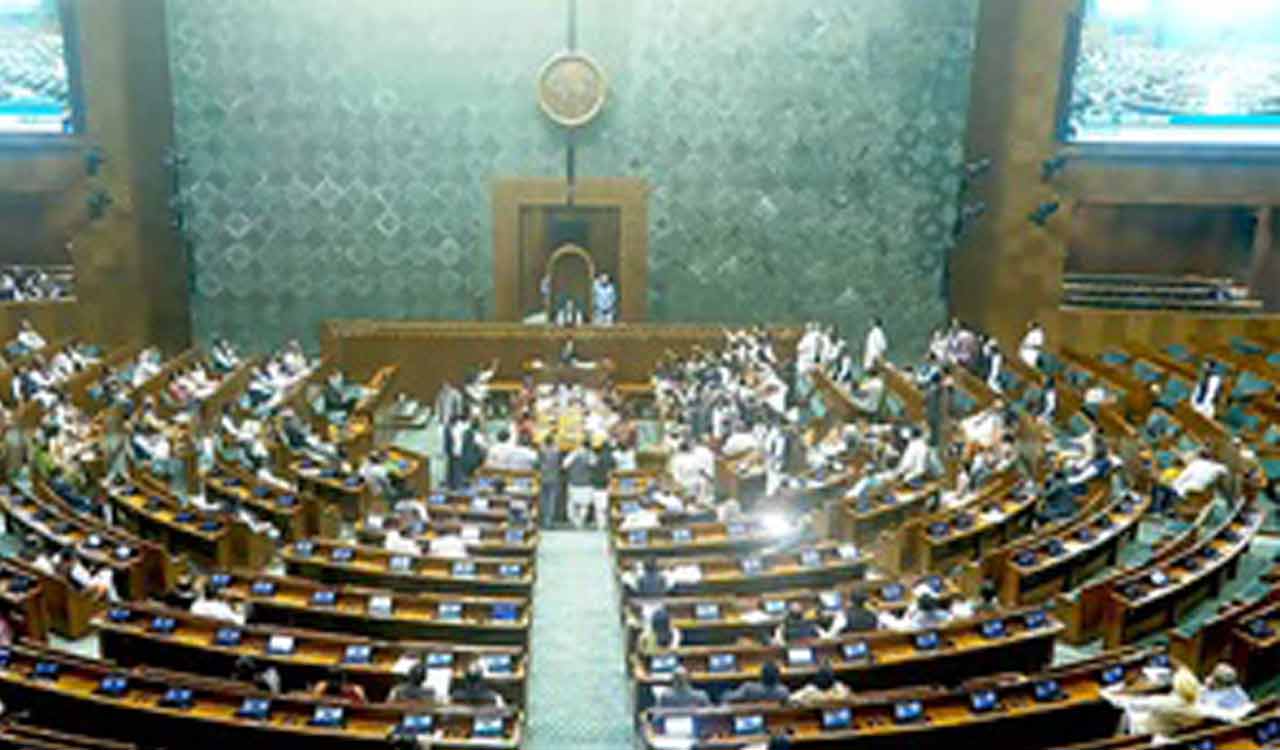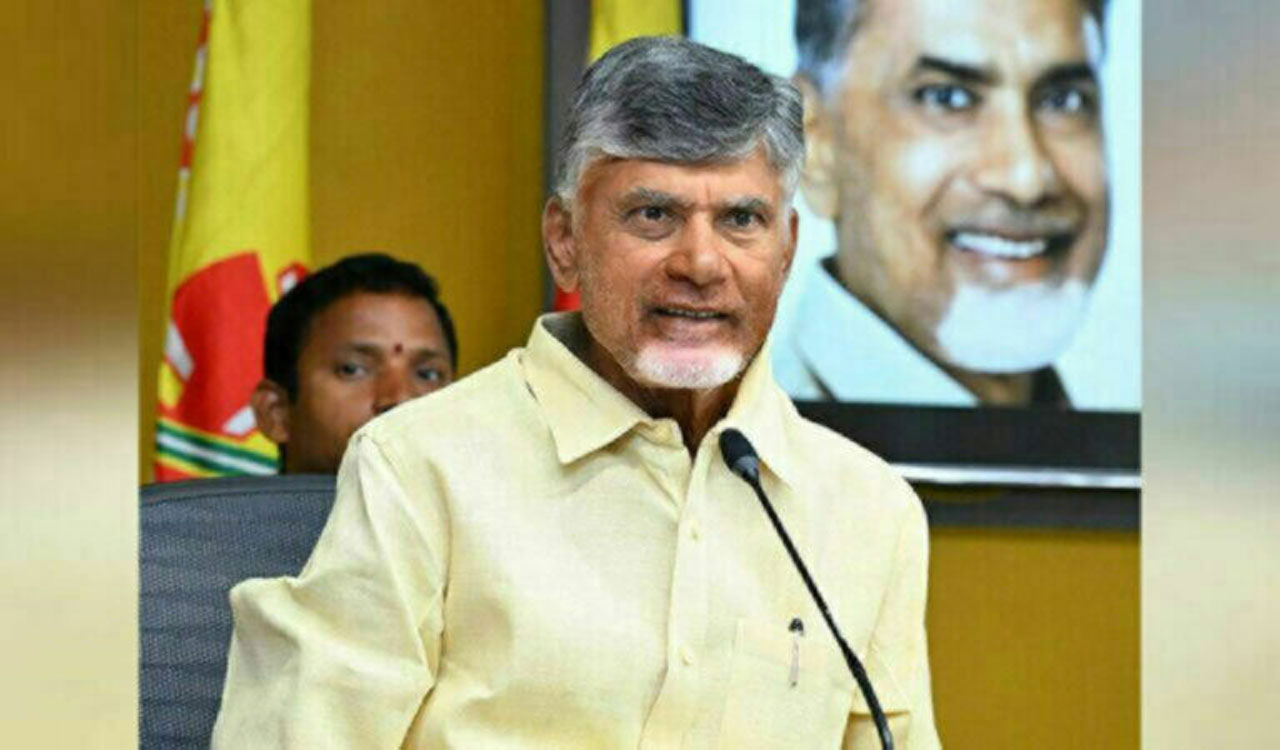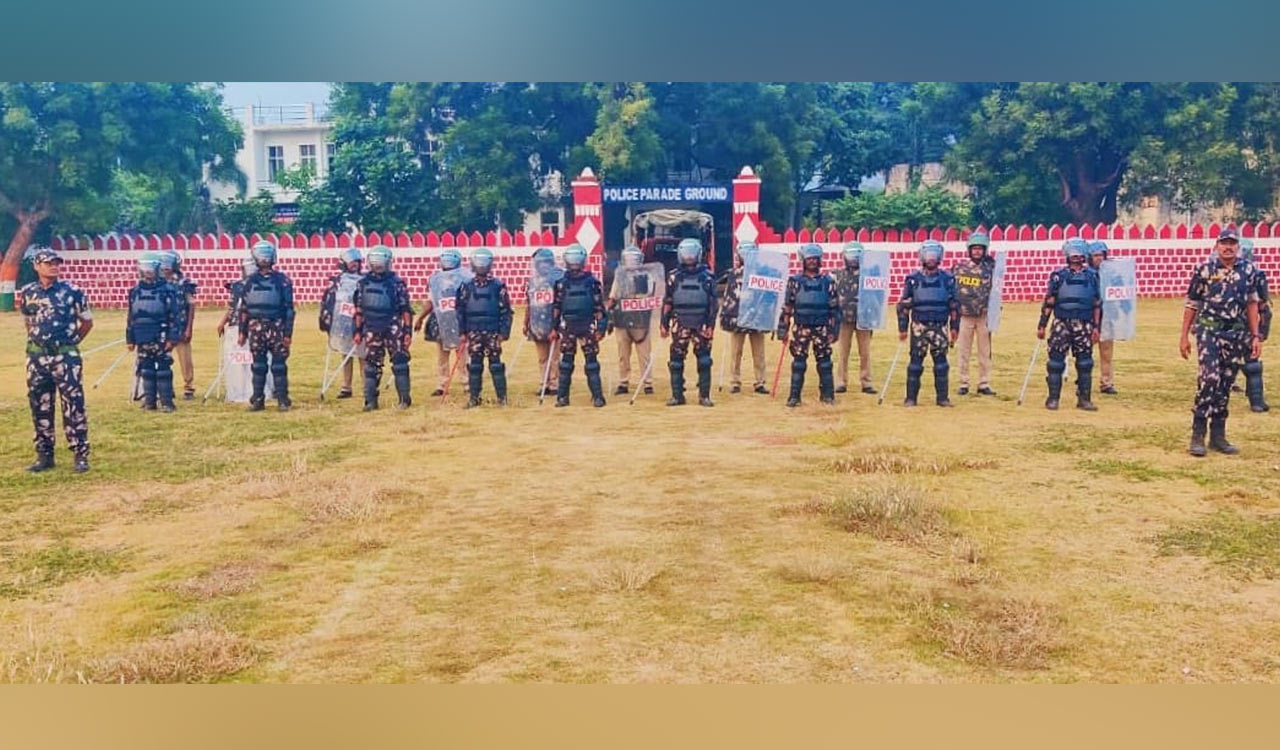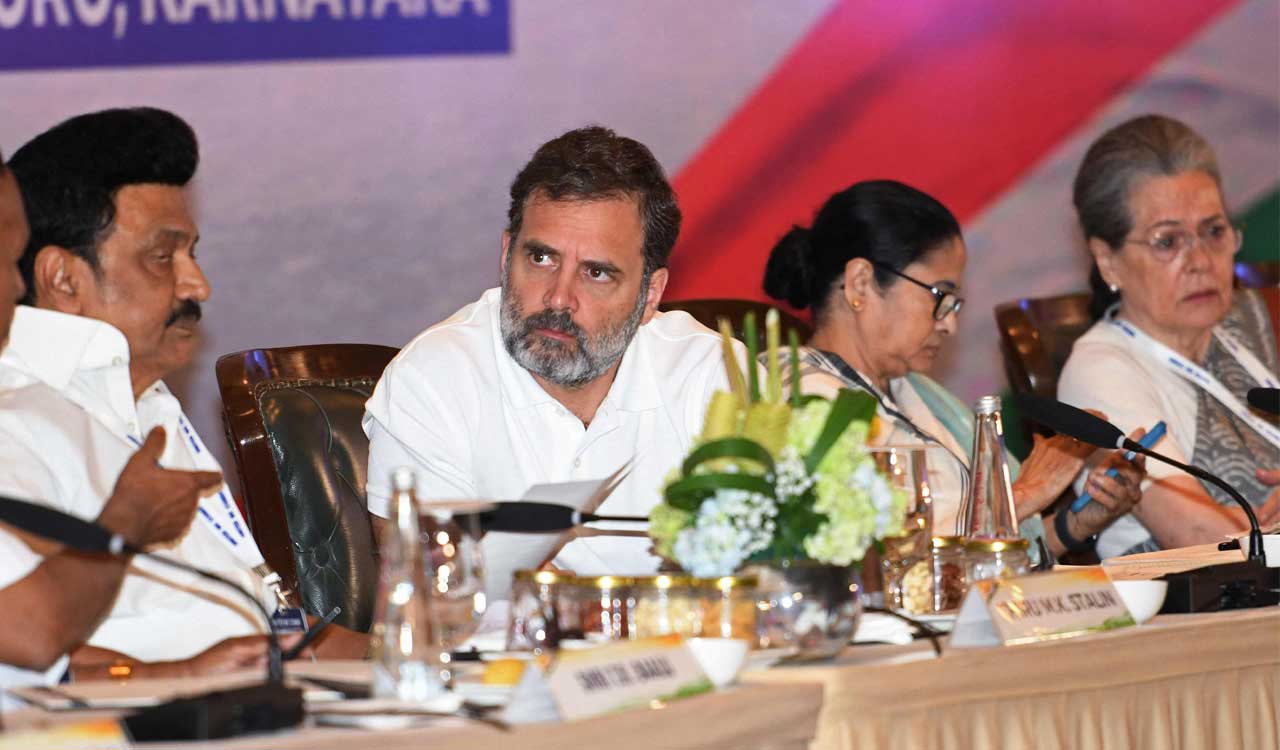Editorial: Build consensus first to implement reforms
ONOE, billed as a significant electoral reform, needs an informed debate both within and outside Parliament

In a mature democracy, consensus-building should be the preferred way to implement reforms in any sector. However, the BJP-led NDA government at the Centre has thrown this principle to the wind by trying to bulldoze its way in Parliament on the idea of simultaneous elections to the Lok Sabha and Assemblies. The Union Cabinet recently gave its nod to two Constitution amendment bills to facilitate ‘One Nation, One Election’ (ONOE), billed as a significant reform that could reshape the country’s electoral landscape. Though it postponed the introduction of the Bills to a later date, probably towards the end of the Winter Session of Parliament, the move is facing stiff resistance from the opposition parties which have voiced concerns over its adverse impact on the spirit of democracy. Apparently, the government is buying time over the contentious matter. Given its far-reaching ramifications, there is a need for an informed debate both within and outside Parliament. The BJP and its allies claim that ONOE would not only lead to savings in terms of time as well as financial and human resources but also do away with disruptions caused by the frequent imposition of the Model Code of Conduct. However, the Congress and several other opposition parties fear that this initiative poses a threat to India’s federal structure. A key point is the possibility of people voting for the same party at the Centre and in States if simultaneous elections take place. Parliamentary and Assembly polls separated by even a few months can produce strikingly different results, as seen in Maharashtra recently.
Ever since the idea of simultaneous polls was mooted, there has been no transparency on how the government plans to go about it; whether the current Assemblies would be dissolved prematurely to synchronise the State and the national elections or whether it would be implemented in a phased manner. Instead of hurrying through the process, the government needs to build political consensus before implementing the proposed reform. Even if the Constitution amendment Bills are passed by Parliament now, the earliest that the Lok Sabha and State Assembly elections can occur simultaneously would be in 2034. It would be prudent to refer the Bills to a Joint Parliamentary Committee for a thorough examination of the provisions, effectively addressing the concerns of the opposition parties. The Centre will also need to involve the States. For local bodies to be part of the simultaneous elections plan, at least half of the States must ratify the required Constitutional amendment. The ONOE is a key item on the BJP’s agenda and was part of its manifesto for the 2024 Lok Sabha polls. While the idea of simultaneous polls, on the face of it, is appealing as it helps reduce expenditure, it must be pointed out that Parliamentary and Assembly elections have different dynamics and issues at stake.
Related News
-
Naidu backs simultaneous polls, says it offers more time for development
-
Opinion: Protect investors, uphold integrity of markets
-
8 special task-force teams to implement model code in Karimnagar
-
Changing landscape of Indian politics: BJP and Opposition scramble for allies ahead of 2024 general elections
-
Cartoon Today on December 25, 2024
3 hours ago -
Sandhya Theatre stampede case: Allu Arjun questioned for 3 hours by Chikkadpallly police
4 hours ago -
Telangana: TRSMA pitches for 15% school fee hike and Right to Fee Collection Act
4 hours ago -
Former Home Secretary Ajay Kumar Bhalla appointed Manipur Governor, Kerala Governor shifted to Bihar
4 hours ago -
Hyderabad: Organs of 74-year-old man donated as part of Jeevandan
4 hours ago -
Opinion: The China factor in India-Nepal relations
4 hours ago -
Editorial: Modi’s Kuwait outreach
4 hours ago -
Telangana HC suspends orders against KCR and Harish Rao
5 hours ago




